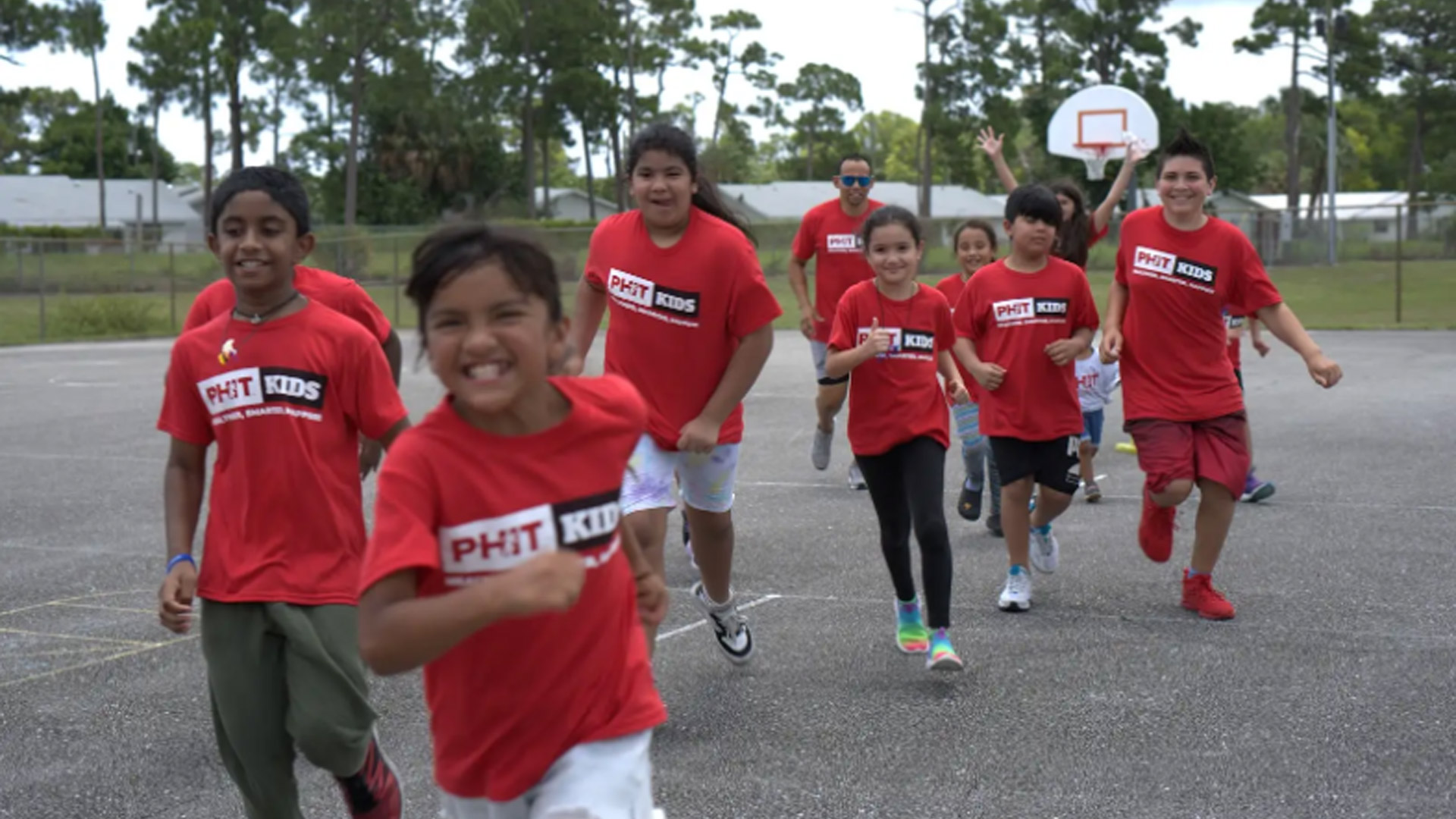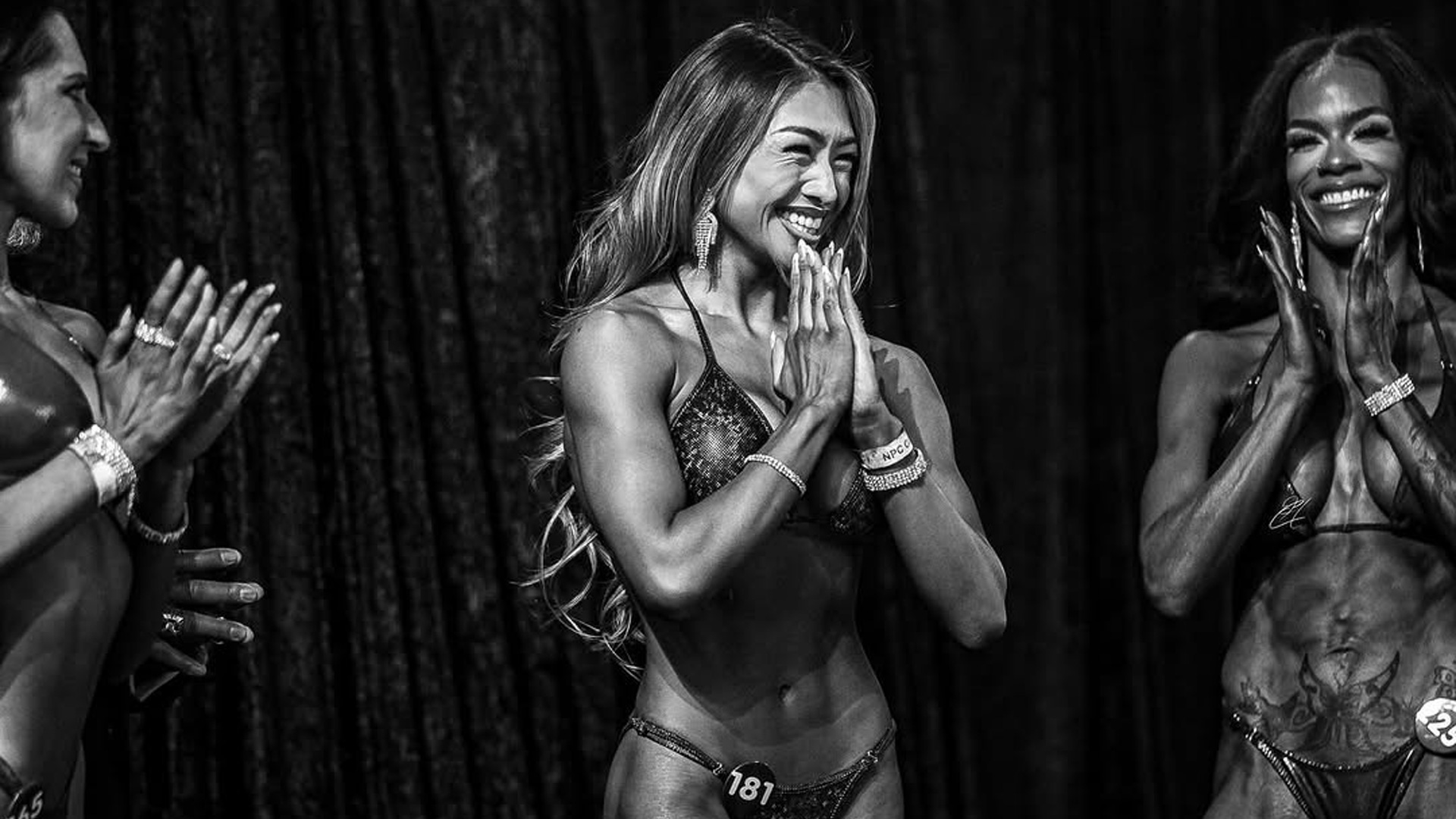All Categories


America’s children face a crisis. With youth ranked last among 38 developed countries in physical health and 47th out of 50 nations in fitness levels, the statistics paint a troubling picture of an entire generation losing touch with movement and physical activity. While public health discussions often center on nutrition and food policy, one former tennis industry executive has dedicated his nonprofit career to addressing the other half of the health equation.
Jim Baugh brings decades of experience in the sports industry to this challenge, having previously disrupted the tennis world through his work at Wilson, Prince, and Converse. His transition from corporate executive to nonprofit leader stems from a recognition that the foundation of physical activity in America has cracked, leaving millions of children without the skills and confidence they need to maintain active lifestyles throughout their lives.
Baugh’s path to founding PHIT America began with his early experience as a physical education teacher in Trenton, New Jersey. That classroom experience planted seeds that would later bloom into a mission focused on youth physical activity. His subsequent career in the sporting goods industry, where he helped create the oversized tennis racket and developed cardio tennis—a fitness-focused approach that now engages millions of participants—demonstrated his ability to identify market gaps and create solutions that put smiles on people’s faces.
The former president of Wilson Sporting Goods, whose corporate success included his induction into two Hall of Fame organizations, uniquely positioned him to understand the business and grassroots sides of physical activity. His creation of cardio tennis emerged from research showing that traditional tennis wasn’t providing adequate exercise for recreational players, leading to a movement-based approach that prioritized fun and fitness over competition and scoring.
PHIT America has become Baugh’s most ambitious undertaking. The organization focuses exclusively on what he calls the “inactivity pandemic”—a term coined by The Lancet in 2012 that describes the global health crisis created by sedentary lifestyles. His approach targets the root cause: children who never develop fundamental movement skills and the confidence to use them throughout their lives.
PHIT America attacks the inactivity pandemic through programming that rebuilds physical education in schools where traditional PE has been diminished or eliminated entirely. The organization’s four core programs focus on teaching lifetime sports skills rather than creating elite athletes, recognizing that most children need foundational movement abilities that will serve them whether they pursue competitive sports, recreational activities, or simply maintain basic fitness.
The centerpiece of this approach is the PHIT Center, a facility measuring just 150 by 90 feet—roughly one-fourth the size of a football field—designed specifically for children. The first center, launched in Brownsville, Texas, features ten activity stations where up to 60 students can rotate every five minutes, accompanied by music and structured programming. This circuit-training approach accommodates the reality of modern physical education, where class sizes have ballooned to unmanageable numbers while budgets have shrunk to an average of one dollar per child annually.
Unlike federal programs that ship equipment to schools and leave implementation to overstretched staff, PHIT America maintains three-year partnerships with participating schools. This sustained involvement ensures that curricula, equipment, and training are utilized rather than sitting unused in storage rooms. The organization has already impacted over one million children across ten years of programming, demonstrating that direct engagement and ongoing support create lasting change in school environments where physical education has been marginalized.
The challenge facing American youth extends beyond individual health outcomes to encompass national security, economic competitiveness, and social development. When three-quarters of teenagers lack the fitness levels required for military service, and when 96 percent of female corporate executives grew up playing sports while only 30 percent of today’s girls participate regularly in athletics, the implications reach every corner of society.
Baugh’s methodical approach to rebuilding physical education infrastructure addresses these systemic issues by focusing on the places where all children can be reached: schools. His recognition that movement skills must be taught early, when children are most receptive to learning, shows an understanding that fitness habits formed in childhood create the foundation for lifelong health behaviors. Through PHIT America’s sustained programming and purpose-built facilities, he has created a replicable model for communities serious about reversing the trends that have left American children at the bottom of international health rankings.
About Elisa Edelstein
Elisa is a curious and versatile writer, carving her niche in the health and wellness industry since 2015. Her lens is rooted in real world experience as a personal trainer and competitive bodybuilder and extended out of the gym and on to the page as a writer where she is able to combine her passions for empowering others, promoting wellness, and the power of the written word.
Powering the Business of Health, Fitness, and Wellness Coaching

By Robert James Rivera

By Elisa Edelstein

By Robert James Rivera

By Elisa Edelstein

By Robert James Rivera

By Elisa Edelstein

Powering the Business of Health, Fitness, and Wellness Coaching
